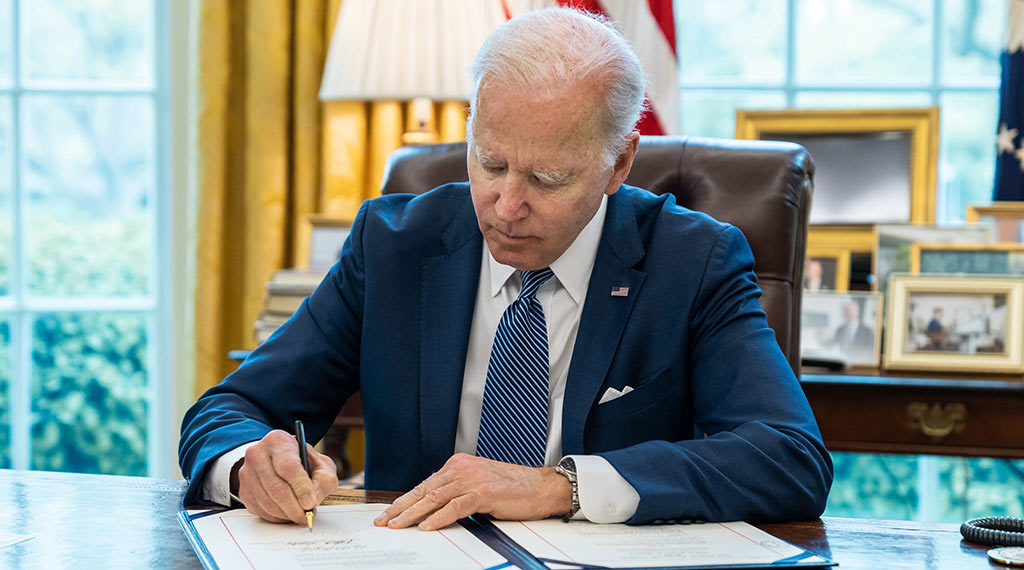
Top US administration officials were caught off-guard last week by President Joe Biden’s assertion that the country was ready to take military measures in defense of Taiwan if China tried to seize it by force. This caused a great deal of confusion and raised questions about whether Washington has decided to change its consistently ambiguous policy on Taiwan.
During his visit to Japan, a reporter asked Biden if the US would be willing to get involved in militarily defending the island if it were to be invaded by China. The US president shocked his administration by saying yes without hesitation. “The idea that it can be taken by force, just taken by force, is just not appropriate. It would dislocate the entire region and be another action similar to what happened in Ukraine,” he added.
Beijing did not wait for further elaboration from the US before expressing its dissatisfaction and firm opposition to the president’s remarks. Foreign Ministry spokesperson Wang Wenbin stressed that there would be no room for compromise or concession regarding his country’s sovereignty and territorial integrity. He sent a message to the US and its allies by saying: “No one should underestimate the strong resolve, determination and capability of the Chinese people in safeguarding national sovereignty and territorial integrity. No one should stand in opposition to the 1.4 billion Chinese people.”
The White House, Department of State and the Pentagon quickly walked back Biden’s third unscripted remark on China, all of which have unnecessarily escalated tensions between the two world powers.
“As the president has said, our policy has not changed. The United States remains committed to our One China policy, which is guided by the Taiwan Relations Act, the three joint communiques and the six assurances. We oppose any unilateral changes to the status quo from either side,” said Secretary of State Antony Blinken. He reiterated that his administration does not support Taiwan’s independence, as it expects cross-strait differences to be resolved by peaceful means.
However, Blinken also emphasized Washington’s focus on the Chinese threat, which he described as the “most serious long-term challenge to the international order.” This statement did not sit well with the Chinese. Wenbin accused the secretary of state of spreading false information by exaggerating the Chinese threat and distorting the image of his government’s domestic and foreign policies.
At the World Economic Forum last Monday, former Secretary of State Henry Kissinger advised against a direct confrontation, stressing that Taiwan should not be at the core of the negotiations between China and the US.
- Mamdani’s Mayoral Bid Reflects Rising Alliance Between America’s Democratic Socialists and Radical Political Islam - August 18, 2025
- Jordan arrests a wake-up call to Muslim Brotherhood threat - April 21, 2025
- Giving Muslim Extremists a Pass Is Reflected in Canada’s New Guide to ‘Islamophobia’ - March 27, 2025
